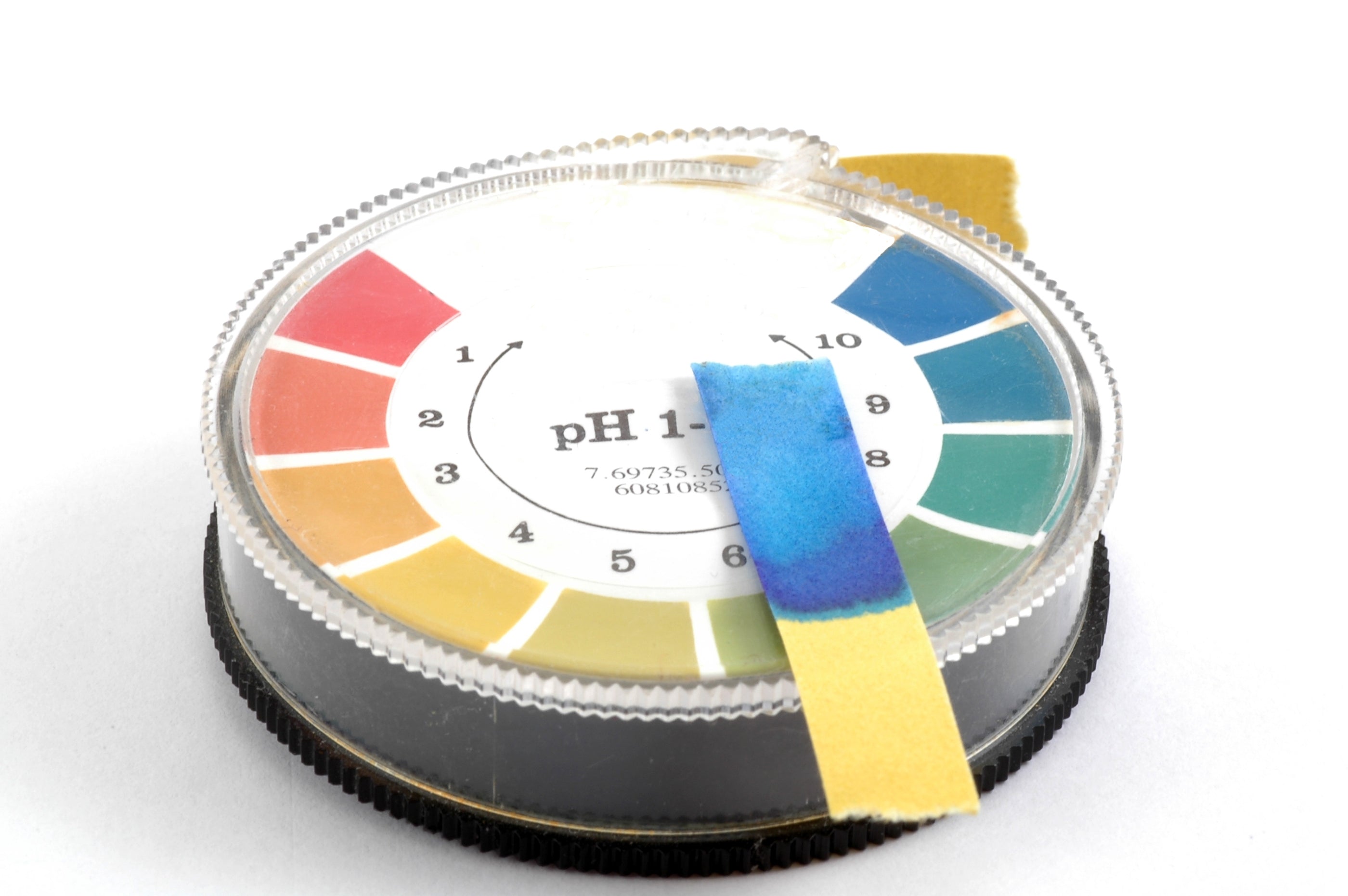What is a Grow Tent and How do They Work?

What is a Grow Tent Used for When installing a Hydroponic System Indoors?
If you’re setting up an indoor grow, instead of using an entire room you might consider a grow tent. A grow tent is just what it sounds like - a small, fully contained space where you grow plants.
An indoor grow tent is pretty cool. Inside the tent you can create a perfect habitat for your plants where you control temperature, lighting and humidity. Instead of heating or cooling an entire room, you only have to control the inside of the tent. You can buy tents in a kit, or make one yourself. There are a few things to consider as you decide which indoor grow tent is right for your needs.

Size: Are you going to grow a lot of plants or just a few? Tents are available in many different sizes. It’s nice to have one that you can walk into, but a cute corner tent is also fun and economical if you are growing small plants or seedlings.
Material: Grow tents are normally black on the outside and must be reflective or white on the inside. Look for a strong fabric so the tent doesn’t sag. Easy to clean and waterproof is also important.
Structure: The structure should be plastic or rust-resistant metal, and most of them snap or screw together. Be certain the structure is rated strong enough to hold what you are growing. You will need to support not just the plants but also the pots, hanging lights, water, and fans. If you’re just growing lettuce and herbs you can have a flimsier structure, but if you have plants that will be fruiting, plan accordingly. Tomatoes are heavy!
Necessities: Ventilation, light and hanging system, fan, large entry or access door. Ventilation is key. Plants use up carbon dioxide and produce oxygen. If you don’t have some kind of air exchange (intake hole with fan for fresh air coming in and outtake hole with exhaust fan) your plants will suffocate. The fan will keep the air circulating in the tent. The hanging system is for your lights. And finally, be sure the door or access point is large and easy to use. It’s no fun to try to get to your reservoirs or harvest your plants if you are trying to squeeze yourself into a too-small grow tent.
If you want to keep odor under control, there are filters to put on your exhaust hole.
Extras: Windows, shelves, timers, control system. Customizing your indoor grow tent is fun. Think about how you want to organize it. Do you want the plants on the ground? Depending on what you are growing, shelves can be super handy inside the tent. If you are going to have shelves, be sure the structure is rated for the weight of shelves and has some kind of system to hold the shelves in place.
Windows are great! It’s neat to peek in and see your plants without having to unzip and disturb the interior conditions. Plus you can easily monitor the plants through the window to be sure they are getting watered and the lights are on.
Now you have the basics of your indoor grow tent!
For more great content check out the Proponics YouTube channel below!





